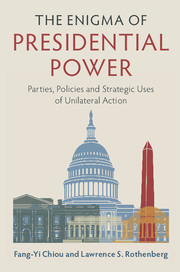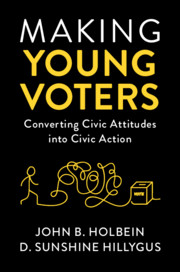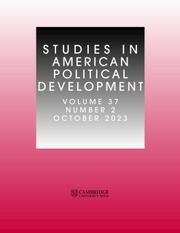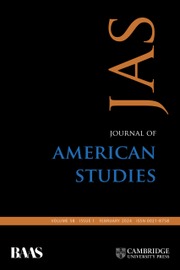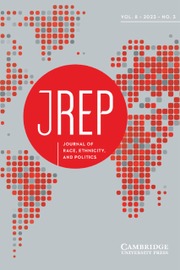The Enigma of Presidential Power
With gridlock, presidents increasingly rely on unilateral actions - means not requiring legislative statutes - which many view as tantamount to power. Using a variety of approaches, Chiou and Rothenberg show that this need not be the case as, under many conditions, the chief executive's employment of such tools is constrained. Rather, presidents contemplating issuing executive orders are often constrained by worries about challenging the legislature and the courts. Most notably, the ability of Congress to employ extra-statutory means, involving efforts by legislators and their parties that don't require passing a law, limit how presidents utilize their discretion. Additionally, political parties can influence presidential choices and actions both by restricting the ideological direction in which presidents can push policy via discretionary authority and by agenda-setting and disciplining members in the legislative process. Nor are all presidential actions equal, as the policy area involved and the importance of an action condition presidential power.
- The first systematic analysis of how various party roles can shape presidential power and decisions, differentiating between different types of policy and their impact
- Explores how the ability of presidents to act without new statutory authority may be impacting the checks and balances of the political system
- Demonstrates how competing models can be directly compared statistically
Reviews & endorsements
'Over the past two decades, few features of our Constitutional system have been scrutinized as thoroughly as the apparent rise of presidential powers that has accompanied the rise of the administrative state. But often times the arguments paint with too broad a brush - presidents are too powerful or they are too weak. Thus, Chiou and Rothenberg's nuanced account of the conditions for the successful exercise of presidential power will be an important contribution to this debate.' Nolan McCarty, Susan Dod Brown Professor of Politics and Public Affairs, Princeton University
'Theoretically informed empirical work is alive and well. Chiou and Rothenberg's models feature Congress countering presidential unilateral actions with tools that go well beyond the simple passage of a new law. Support for these models uncovers a robust system of checks and balances, with majority-party strength in Congress seriously constraining imperial instincts of presidents. Challenging past work, this book is a must-read for students of American political institutions.' Craig Volden, University of Virginia
'Chiou and Rothenberg combine exhaustive new data with impressively innovative methods to generate real insight. They have made a key contribution to our understanding of the significance of presidential unilateralism. It's a topic that will only become more central to the field, and more importantly to the country, in the years to come.' Andrew Rudalevige, Thomas Brackett Reed Professor of Government, Bowdoin College, Maine
Product details
March 2017Adobe eBook Reader
9781108129169
0 pages
0kg
27 b/w illus. 35 tables
This ISBN is for an eBook version which is distributed on our behalf by a third party.
Table of Contents
- 1. Introduction
- 2. Thinking about power: theoretical models
- 3. Not all unilateral actions are created equal: measuring the significance of executive orders
- 4. The race for power: empirically examining competing models
- 5. Bringing the parties in: legislative partisan influence and presidential power
- 6. The subtleties of power - assessing the two presidencies
- 7. Conclusions - solving the enigma of presidential power.

